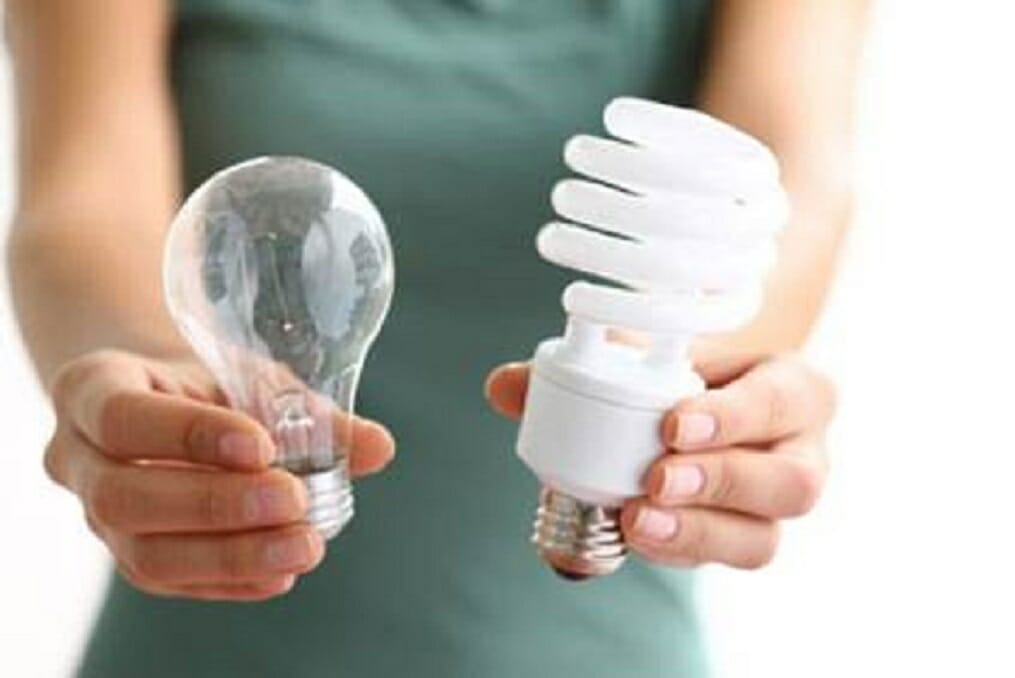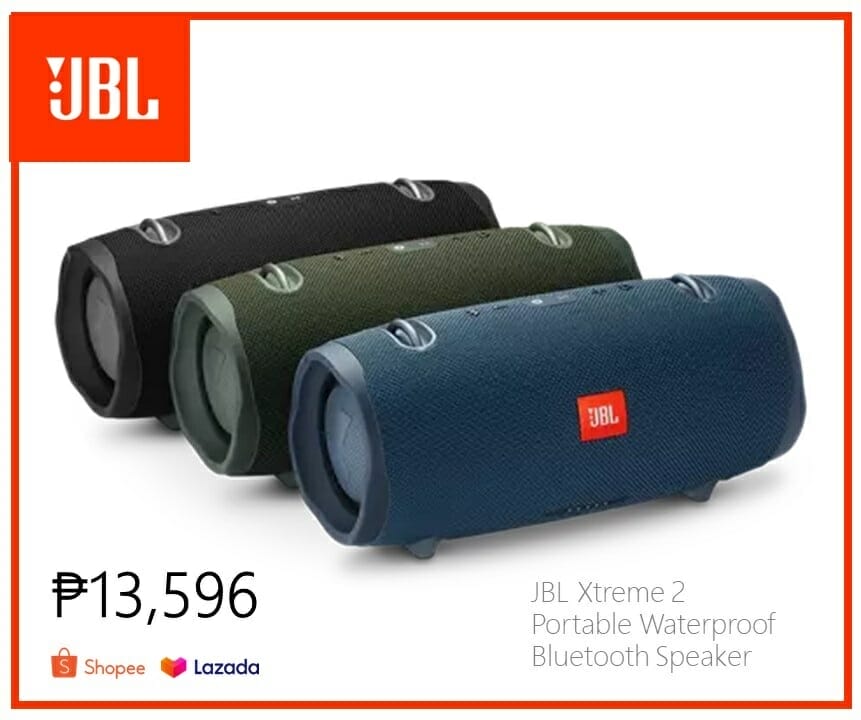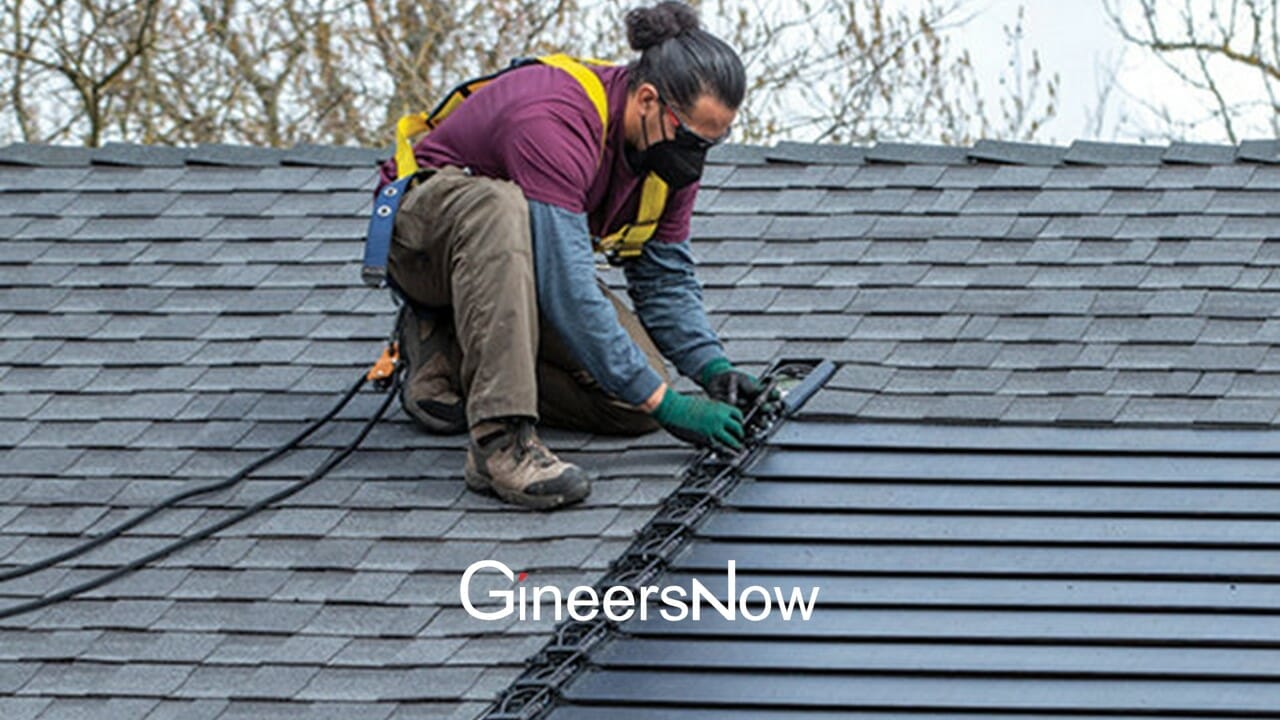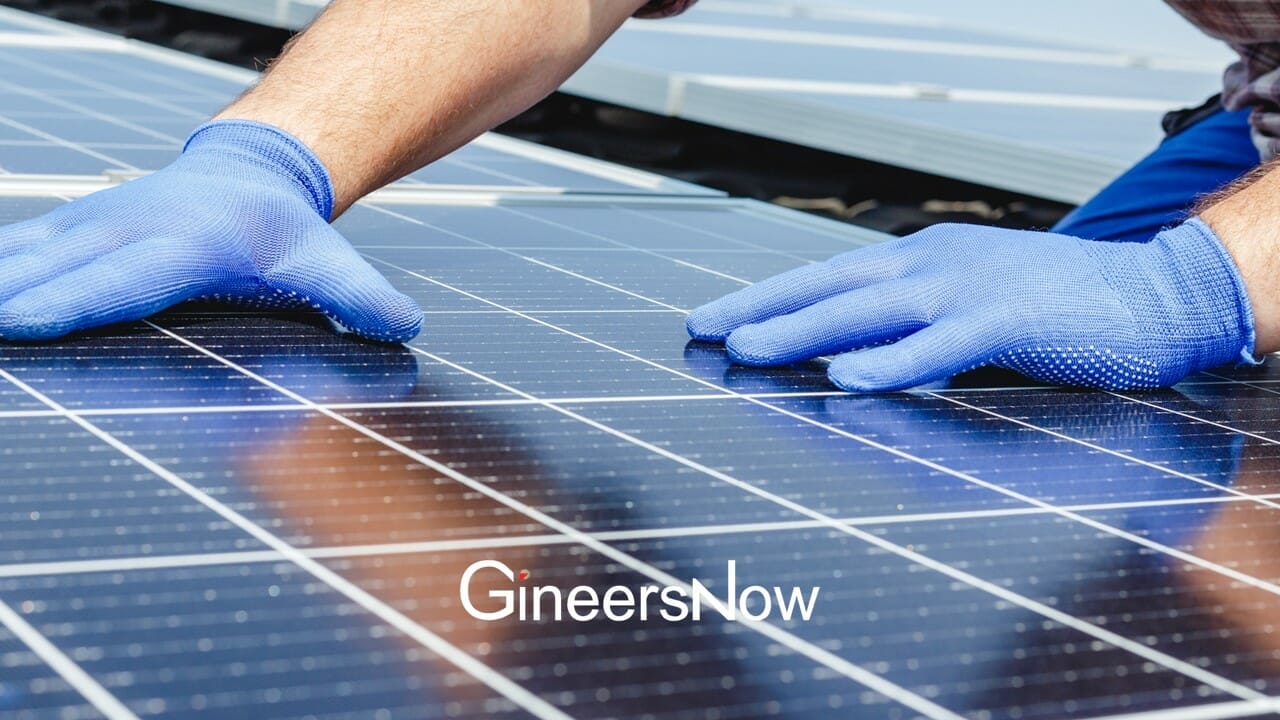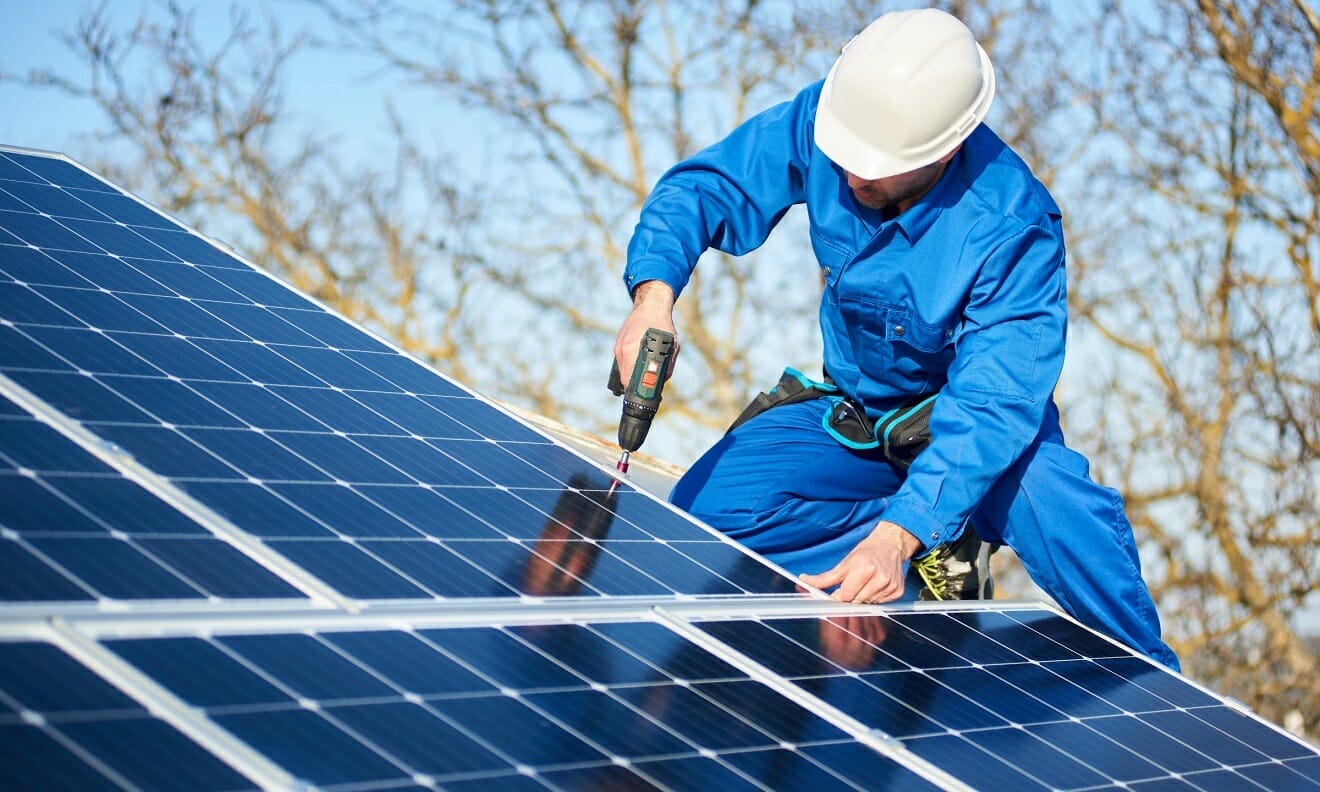9 No Nonsense Energy-Saving Tips That Actually Work
Attaining energy efficiency at home is an important goal for many homeowners like you. It simply means being able to consume less energy in performing all of the same things you need to do in order to run your household on a daily basis. Not only does this significantly reduce the amount of money you spend on electricity, but you are also doing the environment a big favor by reducing your carbon footprint.
You see, at present, about 2/3of our electricity in the Philippines is generated by burning fossil fuels such as coal and gas, and we still have a long way to go in terms of utilizing renewable energy like hydroelectric, wind, or solar energy. By striving for an energy-efficient lifestyle, you do your part in taking care of the environment and conserving natural resources.
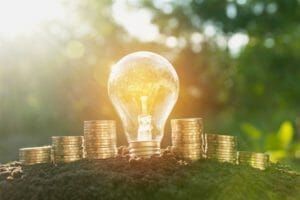
It’s actually not that difficult at all to follow energy-saving habits and use it more efficiently in everyday living. Here’s a quick list of simple but effective things you can do to attain energy efficiency:
Go for Appliances That Use Inverter Technology
Inverter technology involves adjusting the speed of an appliance’s motor in attaining and maintaining the desired cooling temperature, rather than turning it on or off intermittently. This is especially helpful in attaining energy efficiency for appliances that are in constant use in the home, such as refrigerators and air-conditioning units. When looking to replace old appliances, be sure to check out and compare various inverter refrigerators for sale that can offer substantial electricity cost savings.
Switch to LED Light Bulbs
Compared to conventional incandescent or even compact fluorescent lighting, LED bulbs use drastically less watts to produce the same level of brightness as incandescent bulbs. Not to mention that LED bulbs are also more sturdy, last way longer, and do not emit as much heat. It’s really a great way to light up your house while being more environmentally friendly and cost-smart as well.
Harness Natural Lighting
Allowing sunlight into your home may even help you do away with light fixtures altogether. Mitigate the heat gain by using the right window treatments such as curtains or shades, or by applying heat-reflecting film on the glass surface.
Do Preventive Maintenance
Hardworking appliances such as air conditioners and refrigerators need to be checked periodically for optimum performance because they tend to consume more electricity when they are not cooling well. This includes cleaning out or replacing filters and ensuring that the cooling system is circulating well. You can carry out these tasks yourself or better yet, hire professionals who can do the job right.
Unplug Appliances When Not Needed
You may not know it but electrical devices may suck small amounts of electricity as they remain plugged into sockets even when they’re not in use. The usual culprits would be TVs, electric fans, home entertainment systems, and even mobile phone chargers and computers. Prevent vampire electricity by making sure that appliances are not plugged in or are in sleep mode when you are not using them.
Keep the Door Fridge Closed
Did you know that it may cost you a few centavos every time you open and close your refrigerator door? That may not seem a lot but it can accumulate to hundreds of pesos if you constantly do it mindlessly—and worse still if the door actually won’t close properly. Allowing warm air into the ref requires its motor to work harder in maintaining the right temperature.
Thus, make sure that the gasket around your fridge’s door is in proper working order. If it’s become brittle or the door won’t close properly, schedule your appliance to be repaired.
Don’t Overwork Your Appliances
Make sure that you use them at their optimum capacity. Never overload a washing machine with too many clothes, for instance, or stock up your refrigerator or freezer with too many items. Simply put, this puts the appliance’s motor on overdrive, which means it will use more power to operate and maintain the desired temperature.
Iron Clothes in Big Batches
You’ve seen your mother practice this, and for good reason. It takes less energy to use an electric iron at a constant heat setting than if you frequently turn it on and off. Also, as you near the end of your ironing session, you can turn the appliance off and use the remaining heat in the iron to press smaller and lighter items such as handkerchiefs or kids’ clothing.
Cook with an Induction Stove
You might instinctively think that using electricity to cook will lead to a higher electricity bill. However, studies have shown that induction stoves are actually much more energy-efficient compared to electric coil ranges. This is because induction cookers only use electricity to generate the electromagnetic field needed to create the heat within the pots and pans themselves.
There are many energy-saving ways by which you can conserve electricity and realize substantial savings in your monthly utility bills. It takes commitment and dedication to lead an energy-conscious lifestyle because it does require effort to go against convenience or being just plain lazy. However, you will realize that it definitely pays in the long run.


